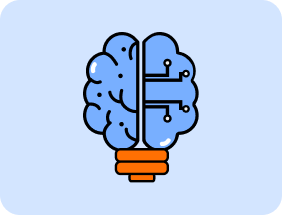- Home
- Solutions
- Join Community
- Methodology
- Limited Offer
-
Pricing
- More
What is the Activity?
Collaborative Projects are structured group activities designed to foster teamwork, critical thinking, and problem-solving across diverse subjects. Participants work in small to large groups to complete tasks such as research studies, product development, service design, marketing campaigns, scientific experiments, policy analysis, or creative innovations.
The project begins with selecting project type, and specific objective. Teams may aim to solve a problem, explore a concept, design a new product or service, or conduct an investigation. Based on group size and duration, short-term, medium-term, or long-term, tasks are assigned, and deliverables are defined, ranging from reports, to presentations.
Each project follows a chosen methodology, such as Agile, Design Thinking, Experimental Approach, or Case Study Method. Roles are assigned based on project needs and team strengths, including project manager, researcher, designer, developer, presenter, or analyst. This ensures accountability and efficient collaboration.
Throughout the project, teams may encounter challenges like time constraints, resource limitations, conflicting opinions, or unexpected outcomes. These obstacles encourage adaptability, problem-solving, and negotiation skills. Feedback mechanisms, self-assessment, peer feedback, instructor evaluation, and group reflection, are embedded to support continuous improvement.




 Individual
Individual
 Learner
Learner Mentor
Mentor Organisation
Organisation
 Learner
Learner Mentor
Mentor Organisation
Organisation






